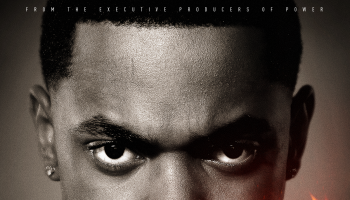‘I guess really good soldiers are really good at very little else.’- Ernest Hemingway, For Whom the Bell Tolls In 1948, a 12-year-old boy discovered two four-leaf clovers in his yard in Arlington, Virginia. Astounded by the doubly potent signs of good fortune, he immediately decided to preserve the twin omens between the pages of a book. He raced to his father’s study, pulled a volume from the shelf at random, let it fall open, became enraptured with the bloody, glorious world he found in the text, and plunged headfirst into his first love affair with a hero outside of his own family. The hero: Robert Jordan, from Ernest Hemingway’s For Whom the Bell Tolls. The overarching theme: Beautiful Fatalism. The boy: John Sidney McCain III. Of such small accidents is world history made: four-leaf clovers, a Hemingway book, a young boy born into a family with a largely absent father and the stoic blood of generations of military men coursing through his veins. This man who now wants to lead the most powerful country on earth was in no small part shaped by Hemingway’s fictional tale of violence, death, doomed love, guerilla battle – and, perhaps most importantly, the story of a man fighting with the demons of his father and grandfather against the backdrop of the Spanish Civil War. The novel contained, as McCain notes, ‘portents of tragic heroism’—a fascination that he carried over in toto into his adult life. ‘For a long time,’ McCain says, ‘Robert Jordan was the man I admired above almost all others in life and fiction … a hero for the twentieth century, my century….’ In his own 2002 memoir, Worth the Fighting For, the then-65-year-old senator still remains entranced with the heroics of pointless and sacrificial bloodshed, personal honor and the beauty of doomed glory: ‘Their heroism was a beautiful fatalism. They stayed loyal to a doomed cause. But their salvation was found in the ultimate discovery that they had not sacrificed vainly, that they had died for something else, something greater.’ These elements – gallantry, sacrifice, violence, fatalism and honor – run like an orchestrated score in a minor key through nearly all of McCain’s writings and speeches in public life. From these themes he takes his cues in a startlingly simplistic fashion into adulthood and into the political sphere, and – as we draw near the election that could make him president – it’s worth examining in depth the heroes he has chosen, the scenarios that captivate him, and the merit he attributes to various human characteristics.















